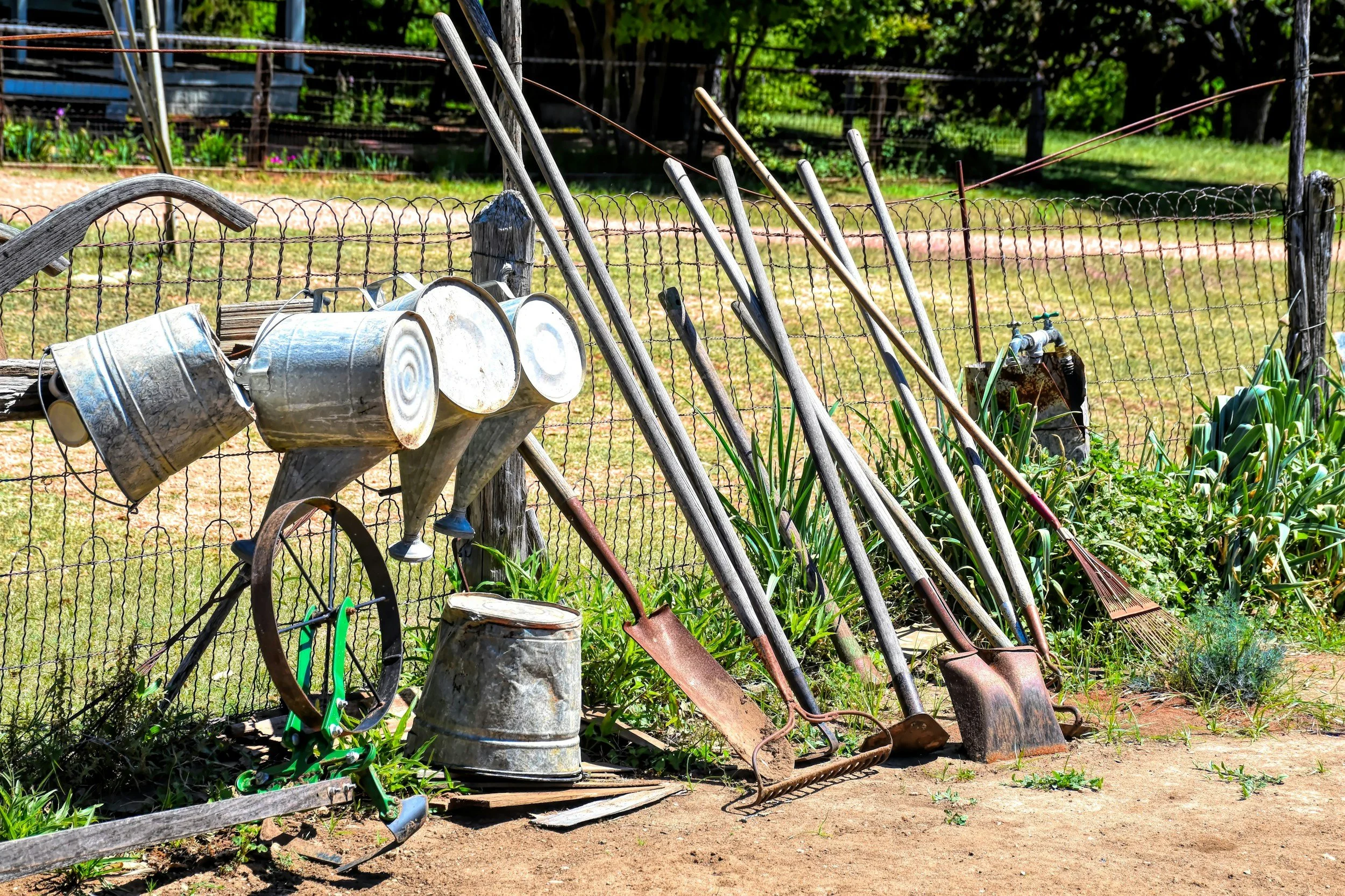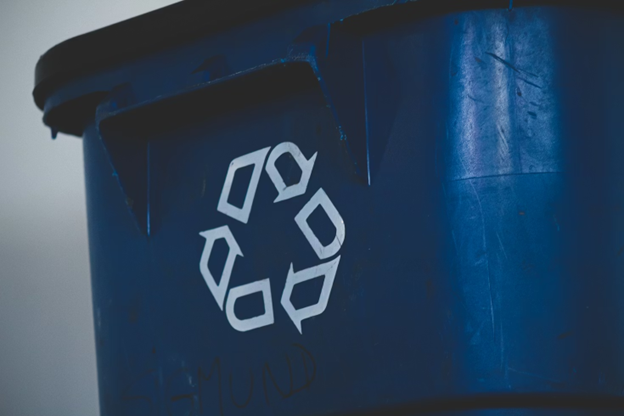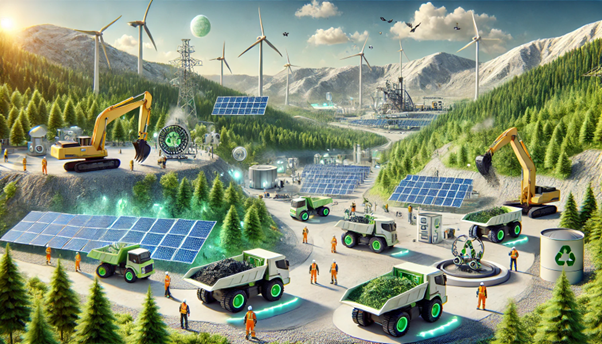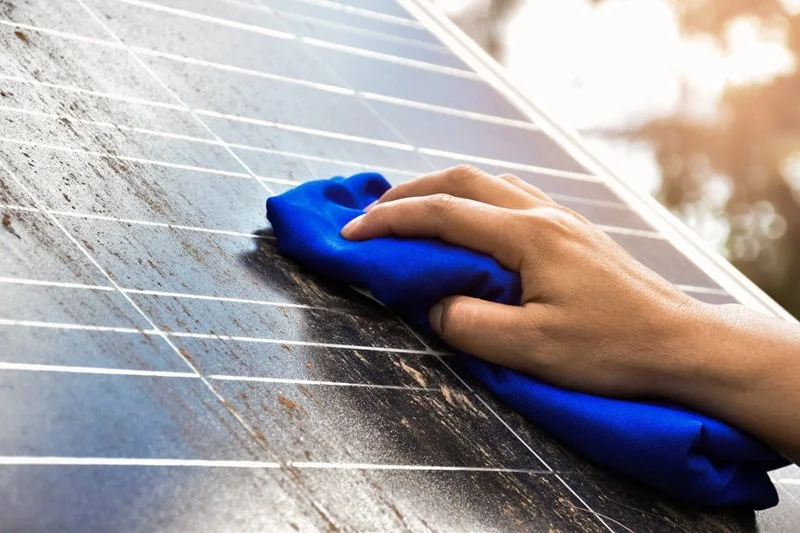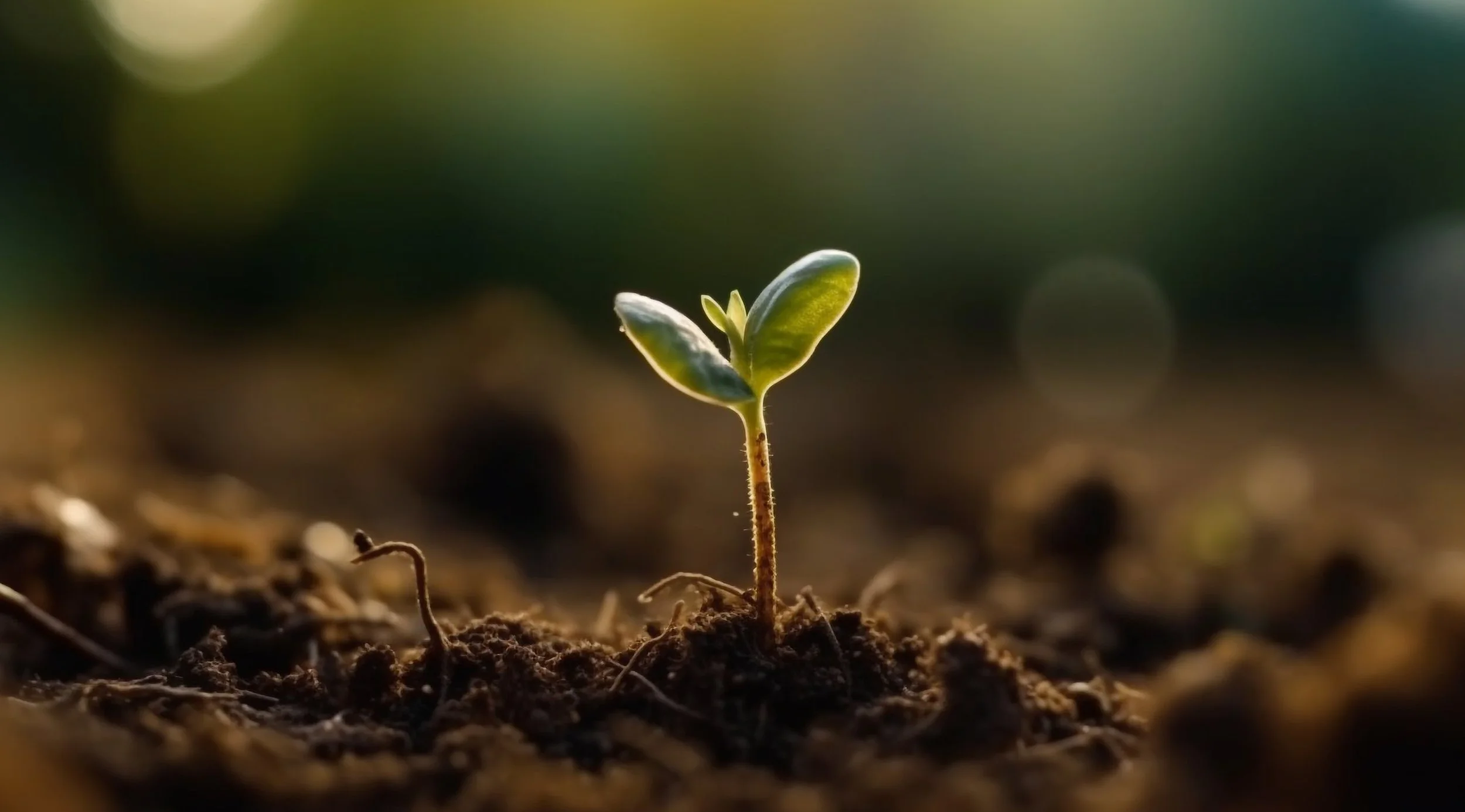Do We Really Need Earth Day Anymore?
/(updated May 11, 2022)
Somehow, this past Earth Day felt different. I’m not sure why, but somehow it struck me as strange that neither of my kids’ schools mentioned it in announcements, let alone did anything special to commemorate the day. While the news cycle in the US was dominated by the ongoing war in Ukraine and the presidential election in France, the omission of anything more than brief mentions of Earth Day in the major media outlets, and even the online ones I regularly consult, felt odd.
Maybe, I thought, the touchstone issues of sustainability, climate change, and green living have become so much a part of our ordinary thoughts that having any obvious celebration of Earth Day was redundant. Maybe people no longer see any particular significance to celebrating a single day as Earth Day. And if so, maybe that’s because we’ve become more committed to making every day a day of awareness about the state of our planet and the ways in which we can preserve it and help it to thrive, despite the ongoing global challenges that threaten its existence.
Whether or not people were actually thinking much about Earth Day and its significance, there is one thing that made this Earth Day important, and perhaps different than any previous Earth Day. But it also underscores the main reason why the largest secular holiday in the world has become obsolete.
Namely, there is an unprecedented global awareness of the importance of the world’s top environmental challenges: not just the obvious ones like climate change, but other acute problems like ocean acidification threatening coral reefs; rapid biodiversity loss that some would consider the sixth mass extinction event; and fast fashion generating significant textile waste. Yet above them all, climate change has become the touchstone for measuring the global commitment to adaptation and change in order to preserve the future of the planet.
That is to say, climate change has set the environmental agenda for much of the world. This agenda was underscored on Earth Day 2016 in the Paris Agreement, signed by 175 countries, including the US and China. As I blogged in a guest post for Green Clean Guide on December 4, 2015, one of the key goals of the Agreement was to keep the annual increase in global warming below 2° Celsius. While there is no shortage of detractors who have pointed out the downsides and shortcomings of the Agreement, it does represent a massive, historic tide change in the attitude of many countries, cities, states, and businesses around the world that now recognize the importance of tackling climate change in decisive ways, and that have pledged their commitment to doing just that.
This shift in attitudes towards climate change can be seen in many countries. For example, Scandinavian countries are making progress with renewable energy with roughly 66% of Norway’s energy coming from renewable sources and Sweden with 42% from renewables. Additionally, China has also recognized the importance of environmental sustainability and has made moves toward tighter environmental regulations in an effort to reduce carbon emissions. It is clear that in recent times countries across the world are recognizing the importance of addressing climate change.
True, there may be some outliers and “bad actors” out there whose words will ultimately not match their deeds, but the Paris Agreement is an early test of the power of cooperation to change the status quo. You only need to look at how precipitously the oil industry has tanked and the alternative energy market has spiked to understand how rapidly the status quo can change when a majority of global actors uphold their commitments.
Just imagine what would happen if we could achieve the same level of commitment, globally, for just a few of the other major risks to human health and the environment. In some measure, holidays like Earth Day allow many of us to “do environmentalism” in a feel-good way, but not with the kind of sustained commitment that will achieve lasting change.
Earthday.org contains information about the kinds of activities you could do to celebrate or commemorate Earth Day. While planting trees; doing cleanup along the banks of your local river, beach, or creek; visiting a swap market; or attending an Earth Day festival are all great ways to celebrate the occasion and remind ourselves of our responsibility to be good stewards of the earth, none of those things, done in isolation, will have much impact on the ongoing environmental challenges that threaten human existence on this planet.
Rather than engaging in feel-good activities to convince yourself (and others) that you’re a responsible, conscientious citizen of the earth, let every day be a day that you do something – however small – to reduce the amount of waste and pollution you and your household contribute to the problem. Let every day be a day you remain open to learning and doing something about reducing your exposure to toxins in your environment. Making even the smallest efforts to address problems in your own community – signing a petition, writing a letter to your local political representative(s), attending a local town hall meeting that addresses environmental (and related) issues that affect your own backyard, eating a vegetarian meal once or twice a week, even spending a day volunteering at a local park – can all go a long way when they are done by many people, on a regular or semi-regular basis. Set the example and others will follow. You don’t have to wait around for the next Earth Day to make an effort in this direction.
Because who really needs Earth Day anymore, anyway?
Like this? Please pin!










